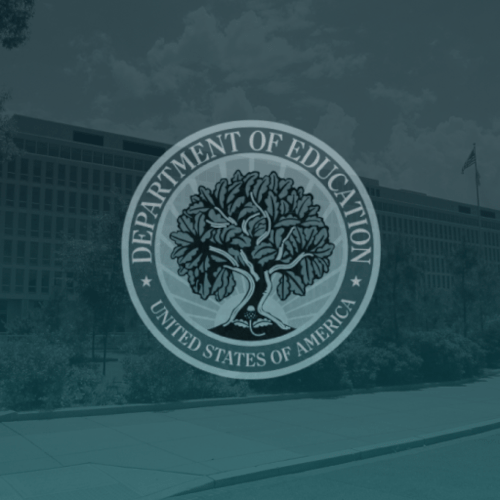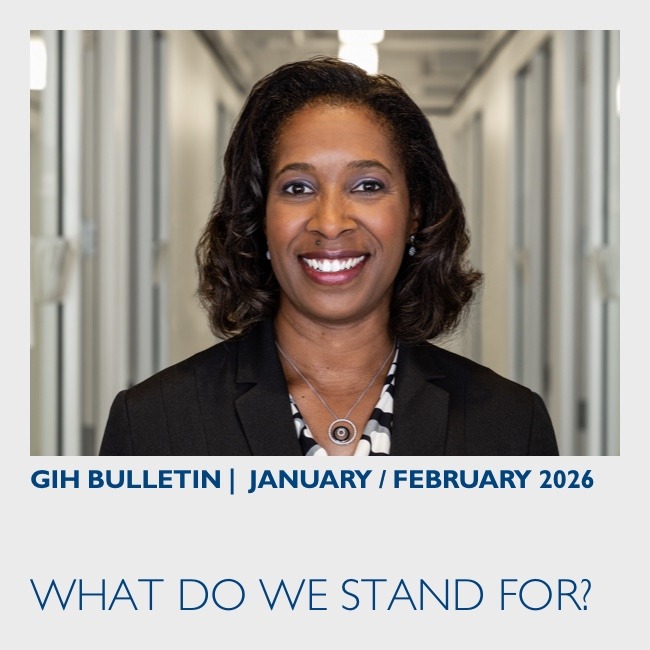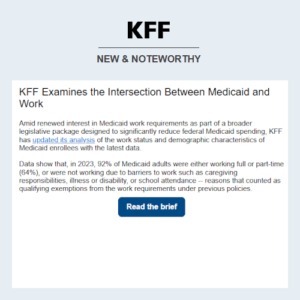Collaborative Comment Letter to the Department of Education in Support of Health Professionals
Grantmakers In Health (GIH) is urging funders to sign on to our comment letter on this proposed rule by Friday, February 27. Your voice matters—the Department of Education must consider all comments submitted before finalizing the rule.
GIH Health Policy Update Newsletter
An Exclusive Resource for Funding Partners
The Health Policy Update is a newsletter produced in collaboration with Leavitt Partnersi and Trust for America’s Health. Drawing on GIH’s policy priorities outlined in our policy agenda and our strategic objective of increasing our policy and advocacy presence, the Health Policy Update provides GIH Funding Partners with a range of federal health policy news.
Data Show That The Majority of Adult Medicaid Enrollees are Working
Amid renewed interest in Medicaid work requirements as part of a broader legislative package designed to significantly reduce federal Medicaid spending, KFF has updated its analysis of the work status and demographic characteristics of Medicaid enrollees with the latest data.
Supporting Southern California Wildfire Recovery Efforts
Grantmakers In Health (GIH) is watching with the rest of the country as Southern California continues to battle wildfires devastating communities in and around the Los Angeles metropolitan area. Our thoughts are with the many thousands of people who have been displaced from their homes and seen their neighborhoods and towns destroyed. There is much that philanthropy can do to augment local, state, and federal government recovery efforts. Find out how you can help engage your organization’s support.
Philanthropy @ Work – Transitions – January 2025
The latest on transitions from the field.
The Health Foundation of Central Massachusetts: January 2025
2025 Activation Fund grant opportunity is now open, which provides capacity-building support for organizations working to address the community-identified health needs of Central Massachusetts residents and workers. With grants typically ranging between $60,000 and $125,000, the Activation Fund supports discrete, one-year projects in Central Massachusetts aimed at helping organizations advance to their next level of capacity and effectiveness that can be sustained over time.








